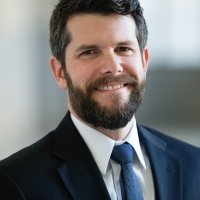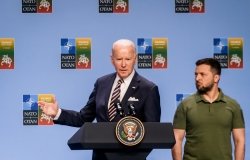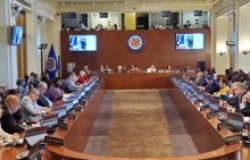Mexico's Future Shrouded by Ongoing Drug War - Mexico Institute in the News
Christopher Wilson, from the Woodrow Wilson Center’s Mexican Institute, explains that the law, “is something that has been promoted by victim groups,” but “as written, the law could apply to a broad pool of people, and perhaps to those that have not been severely affected.”
The International
The turn from a militarized kingpin strategy to civilian security precaution defines a new era in the drug wars. However, concrete strategies have yet to be established. Nieto has not yet addressed how the General Victims Law will be implemented, where the money will come from, or how a victim will be defined.
Christopher Wilson, from the Woodrow Wilson Center’s Mexican Institute, explains that the law, “is something that has been promoted by victim groups,” but “as written, the law could apply to a broad pool of people, and perhaps to those that have not been severely affected.”
Wilson describes the new law as, “innovative, but undefined,” attributing its uniqueness to the fact that the guilty party, not the state, normally pays reparation. The Mexican government is creating a role for itself that is both rare and vague. As the government pulls away from direct cartel intervention to focus on civilians, and prepares to distribute reparations, the future of the drug war remains indefinite. What is clear, though, is that past strategies have not been as successful as initially hoped. One might even call them crazy; the repetition of the same action over again and expecting a different result. Perhaps Nieto’s new approach to the the drug war will reap better results.
About the Author


Mexico Institute
The Mexico Institute seeks to improve understanding, communication, and cooperation between Mexico and the United States by promoting original research, encouraging public discussion, and proposing policy options for enhancing the bilateral relationship. A binational Advisory Board, chaired by Luis Téllez and Earl Anthony Wayne, oversees the work of the Mexico Institute. Read more










